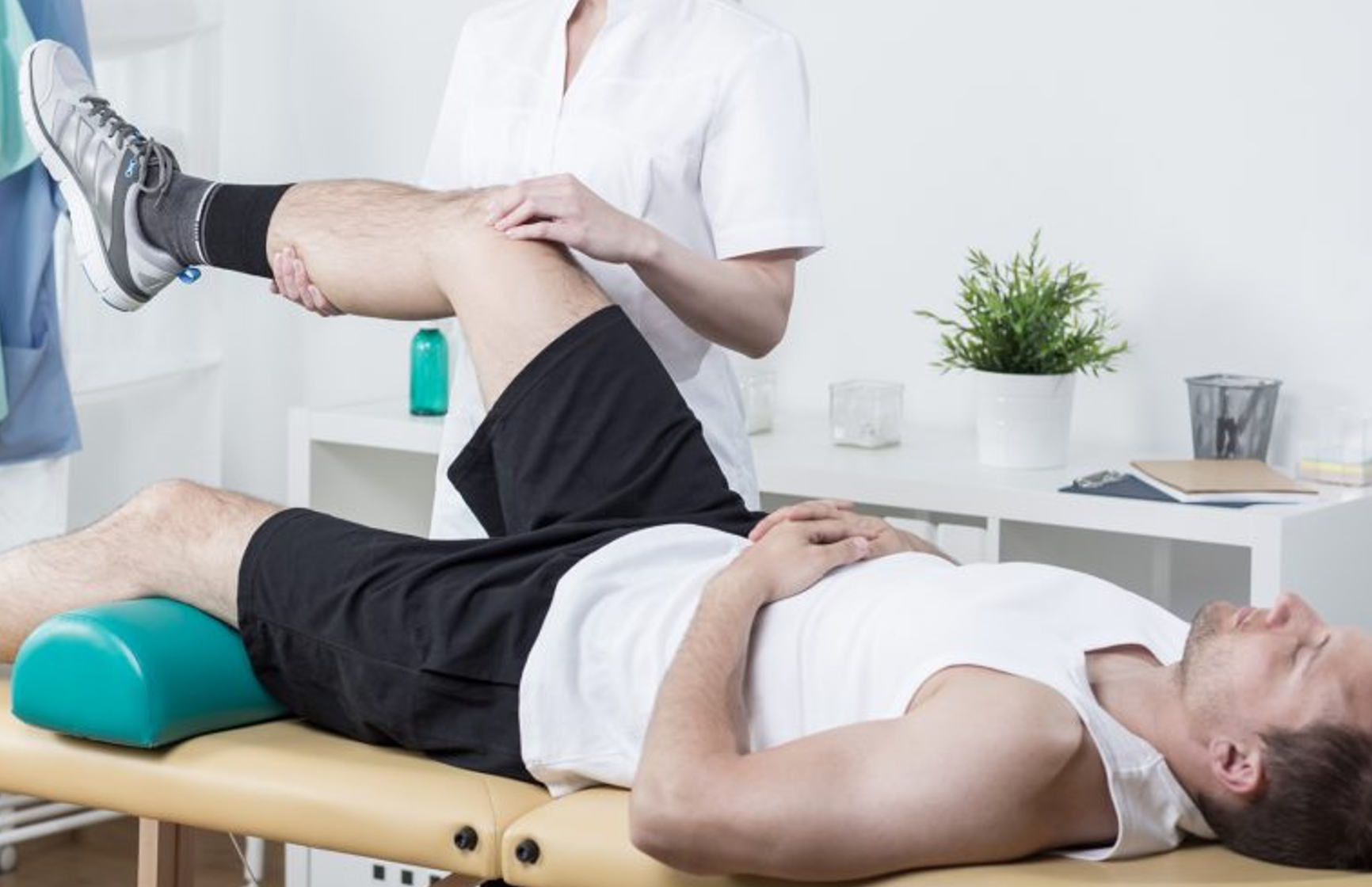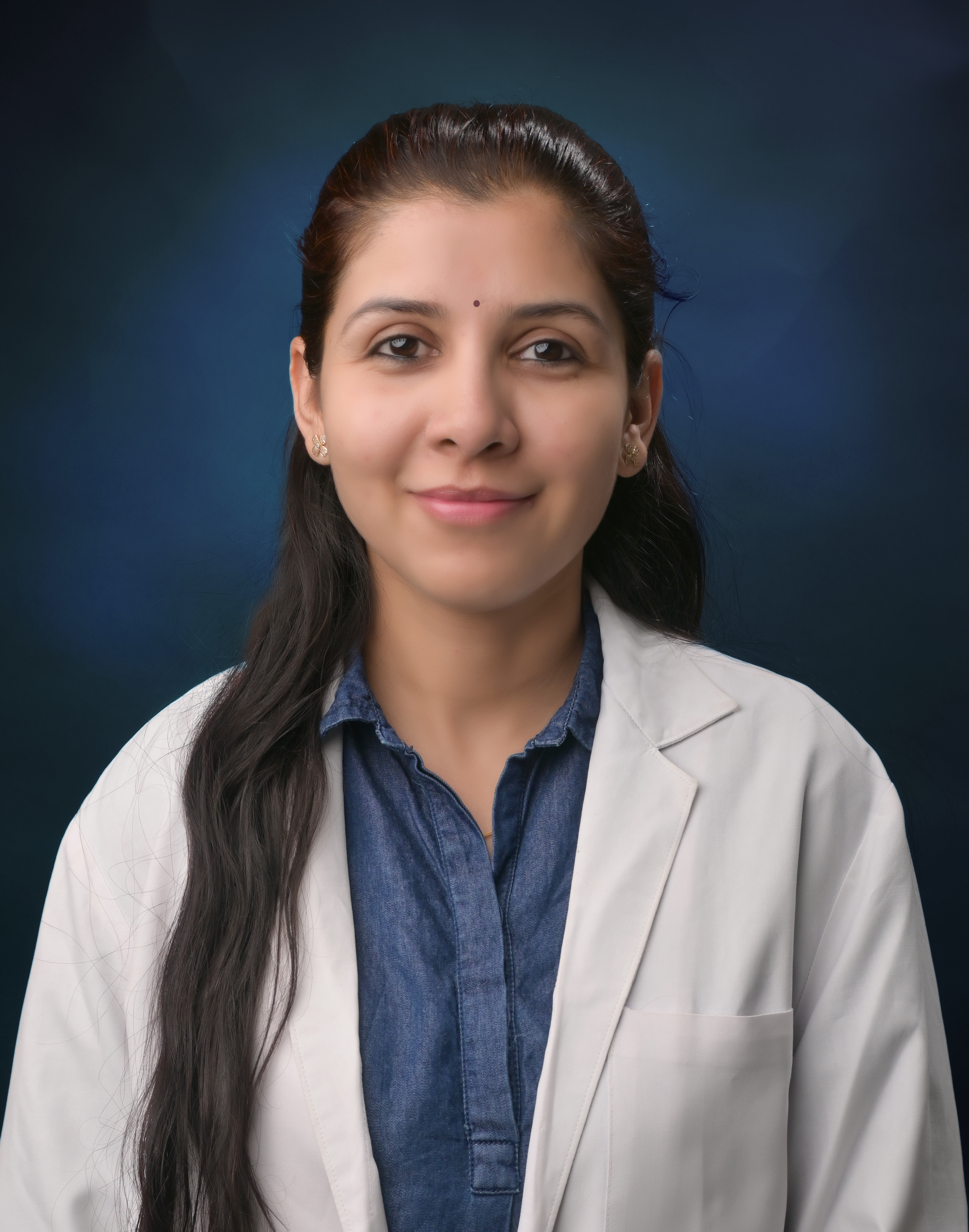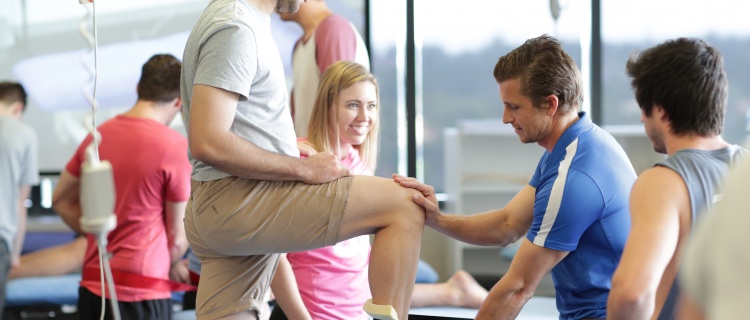What we stand by

Welcome to PPCP

Physiotherapy uses proven techniques to help restore movement and function (Physical agents, Exercise, Manual therapy, Education and Advice) when someone is affected by injury, illness or disability. The Physiotherapy is a degree-based primary healthcare profession helps to encourage development and facilitate recovery with hands-on clinical skills to assess, diagnose, treat and set personalised goals to people to stay in work while helping them to remain independent for as long as possible without the use of drugs or surgery. Physios use their in-depth knowledge and skills to improve a range of conditions associated with different systems of the body such as: Neurological, Neuromusculoskeletal, Cardiovascular, Respiratory, Sports etc.,). Physiotherapists work in a variety of specialisms in health and social care. Additionally, some physiotherapists are involved in education, research and service management.
Our Vision

Pramiladevi Patil College of Physiotherapy foresee to cater excellent education of global criteria and pass on skill-based clinical expertise to the physiotherapy students and producing eminently caliber physiotherapists, who could boost the health and well-being of needy individuals in our community.
Our Mission




Core Values
We endeavor to accomplish highest academic, professional, and ethical standards.
We seek and create new knowledge and understanding, and foster creativity and innovation, for the benefit of our communities and society.
We strive for holistic development as individuals, an institution, and a leader in higher education.
We work together for the effective decision-making, regarding the academic work, standards, management, and related activities.
To seek and impart truth, according to ethical and professional standards, and to respond to contemporary problems and needs of all members of society.
We respect and honour the dignity of each person and foster a diverse and inclusive community.
We act responsibly, and we are accountable for our decisions, actions, and their consequences.
Principal's Message
Our Pramiladevi Patil College of Physiotherapy has been established in the year 2021 with a yearly intake of 60 students and is affiliated to Maharashtra University of Health Sciences, Nashik and recognised by State Government of Maharashtra and is attached with 380 bedded super speciality/multispecialty hospitals & clinics. The development of a quality educational system largely lies on the committed members of the faculty, quality infrastructure, supportive administration, large pool of learning resources. You will be glad to hear that our college primarily focuses on imparting quality education by incorporating Bloom’s Taxonomy and Design Thinking Framework into the curriculum. We strives to generate competent and successful professional through a strategic teaching and make sure to develop 21st century essential student skills. We encourage our students to go through our unique six growth building centers for holistic development and motivate them to participate in paper presentations, sports and cultural activities to enrich their mind, body and soul. The clinical skills of our students are nurtured by their postings in our fully.equipped super specialty / multispecialty hospitals. We often do community services to the mankind and inculcate the habit of sensitive and healing touch to the patients. We assure you that you can shape up your life and career for a challenging world through our institution.
I am certain that you would find these 4 and half years the most inspiring years of your life. I hereby wish you all a very happy and academically fulfilling journey ahead.
Principal

DT & BLOOM’S TAXONOMY INFOGRAPHIC

Centre for Lifelong Learning and Teaching
It offers exclusive and focused professional growth prospects for faculty members to augment socially receptive teaching plans and merge intercultural viewpoints in curriculum by applying Design thinking approaches. It also takes an evidence-based methodology in supporting efficient learning and teaching exercises, curriculum preparation, amenities to backing the use of technology in education, and official policies and structure to improve the learning environment. (Faculty development program, Student development activities – Clinical training in OPD/Hospital, DEMO models, Best practices such as Flipped classroom, Role play, Case study, Group Discussion, Small group learning, PBL etc.)

Centre for Professional and Career AdvancementCentre for Lifelong Learning and Teaching
We are reflective to mold our young minds through expansion of competence and clinical education aiming their professional development. This centre intends to accomplish the enrichment of employability goals by operating rigorous practice oriented fundamental training and arranging therapeutic/community club activities and events. Students' get an occasion to attend a wide range of collaborative workshops, training phases that help them to appreciate, widen and convey their core professional skill-set for their forthcoming accomplishment. ( Life skill development, Club activities, Sports, Latest tools and Technologies)

Centre for Innovation
Centre for innovation in Professional Training is a sole teamwork between prominent scholars, clinicians, and instructors from all over the world. This centre is embarked on interdisciplinary research, training and data transfer in creativity and innovation. (DT bootcamp, Innovation challenge, Innovation capacity building)

Centre for Industry Institute Partnership Cell
It recognises the business expectancy and upholds formal preparation for meeting industrial basics by assisting funded R&D projects, seminars, workshops, and various additional industrial education programmes. Industry Institute partnerships replicates in preparing faculty to up-to-date practices and creates the student’s industry-ready by offering exposure to contemporary industry practices and polish their skills to familiarise ever-changing technologies. The key focus of CIIPC is to cooperate with exclusive industries in and around Sangli and extend the efforts in establishing partnership with industries across the country in near future. (Hospital student association – Internship training, Clinical Training, Industrial visit/Field visit)

Centre for Environmental, Social and Governance criteria
Through Centre for Environmental, Social and Governance criteria (CESG) is catch hold of responsibility for one’s own actions. It is a pledge everyone should create for the humanity while functioning for the social, cultural and, ecological causes. These obligations are ethically mandatory and aim that each person acts in such a way that diminishes the adverse effect to those closely around them.
We believe more in holistic developmental approach for the students. We take on volunteer activities through a innumerable of events that address both our own modest interests & welfare of the society. (Fitness Awareness, PT Camps, Outbound Training, Extensional activities – NSS, Celebrations – World PT Day, Yoga Day, Environmental Day, Swachh Bharath Abyan, Women’s Day, Shivaji Janmashtami, Ganapathi Chaturthi etc.)

Centre for Quality Assurance Cell
CIQAC looks after the academic and organisational functioning of the institute and is acknowledged as the canopy council for planning, execution, and implementation of quality programmes. The alignment of internal quality assurance mechanisms with the requirements of the relevant NAAC criteria’s is achieved through the implementation of the viewpoint plan. (Help in the department in monitoring the following academic activities – Tutorials, Assignments, Seminars, Remedial classes, Make up tests, teaching outcome feedback at the end of the academic year & exit feedback from final year students)
Code of Conduct for students
Students should be regular & punctual in attending all the academic related activities.
In and around college premises they are expected to maintain formal attire with neat hairstyle.
Inside the classroom they must maintain decorum and respect all the classmates.
They must follow appropriate classroom & practical guidelines set by each subject teacher.
Attitude towards the teacher, non-teaching staff & any other elderly person should be appropriate.
Student must wear apron in the college campus, while working in laboratories & hospital.
As per MUHS rules 75% attendance for lectures and 80% for practicals is compulsory. As per college rules we are setting the bench mark of 85% attendance for lectures & practicals.
Smoking, drinking alcohol & use of drugs are strictly prohibited in the premises of college.
Ragging of students in any form inside or outside the college campus is strictly prohibited (As per provision of Maharashtra Act XXX III known as "Maharashtra Prohibition Act, 1999"). They are supposed to fill the online ragging form in the Govt. website.
Every student shall carry ID card provided by the college & should submit it whenever demanded by authority.
Students are expected & it’s the responsibility to read all notices put up on the Notice Board of the college.
Use of Mobiles is strictly prohibited during the lecture/practical hall. Anyone found using them will be confiscated.
If the student academic fees for each academic year are not paid by the given date, their examination form shall not be accepted. After completion of the course, original documents and leaving certificate will be issued to the candidates only after all dues have been paid.
A student has to pay complete course fees if he/she cancels the admission at any given point of time after the cut-off date mentioned by the appropriate Govt. authority.
A student has to pay complete course fees if he/she cancels the admission at any given point of time after the cut-off date mentioned by the appropriate Govt. authority.
The candidates before appearing in annual or supplementary examination will have to clear all the internal examination securing at least 50% marks in both theory as well as practicals separately.
Modest casual wear is appropriate on campus and in class.
Clinical /Practical Lab Dress: Aprons for all practical/clinical assignments, any class that is held in a clinical facility and in any class where patients are present. To respect the sanctity of profession please do not wear theses aprons outside the college campus.
They should have ID Cards on the aprons.
Boys must come with clean shaven face, normal dress and shoes, and their shirt tucked in. Jeans, T- shirts, sneakers/tennis shoes, Hawaichappals should not be worn to College/Hospital.
Haircuts, hairstyling, and personal grooming need to be neat, conservative and inconspicuous. Grooming and style should be practical and allow one's duties to be performed without embarrassment or inconvenience.
Girls should wear conservative Indian clothes appropriate for the profession and should have their hair properly tied up. They are not allowed to leave the hair loose.
Girls are expected to restrain from wearing short Kurtis. Wearing jeans pants, T- shirts, sleeveless tops and tight leggings is prohibited. Wear of Dangling Earrings is not allowed.
Year-wise subject details
Internship particulars
A period of 6 months (26 weeks) of continuous clinical practice to enhance the clinical reasoning, judgment, programme planning, intervention, evaluation of intervention, follow up and referral skills of all the dysfunctions and impairments learnt throughout the curriculum of four years.
Those candidates declared to have passed the final year examination in all subjects shall be eligible for internship.
Internship shall be done in a teaching hospital recognized by the University. A degree certificate shall be awarded ONLY on successful completion of six months of internship.
The Internship will be rotatory and shall cover clinical branches concerned with Physiotherapy such as Orthopaedics, Cardiovascular & Respiratory including ICU, Neurology &Neurosurgery Paediatrics, General Medicine, Surgery, Obstetrics and Gynecology both inpatient and outpatient services.
Successful Completion: The student must maintain a logbook. On completion of each posting, the same will have to be certified by the faculty in charge of the posting for both attendance as well as work done. On completion of all the postings, the duly completed logbook will be submitted to the Principal/Head of program to be considered as having successfully completed the internship program.

